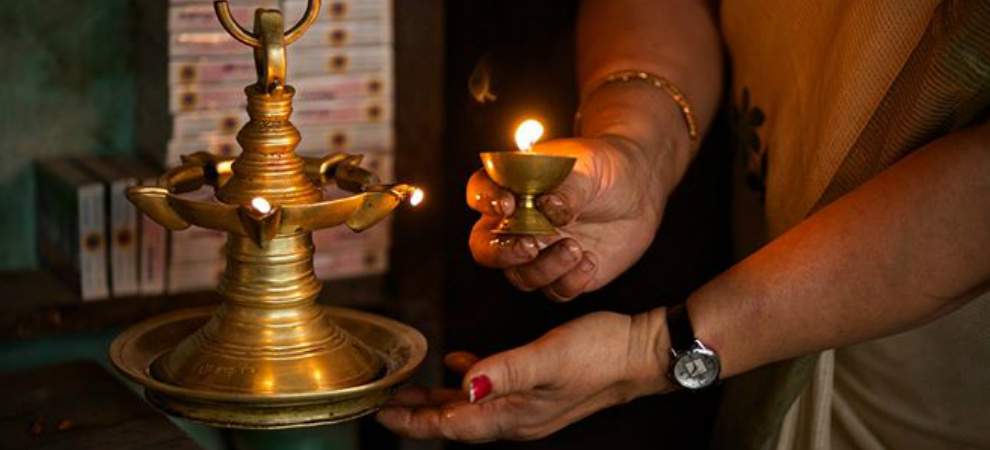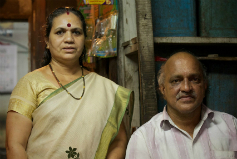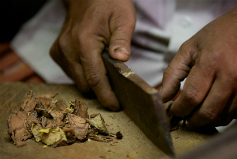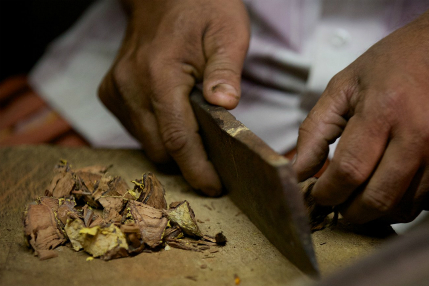- Spirit
WHO TO MEET?
Let us inspire you
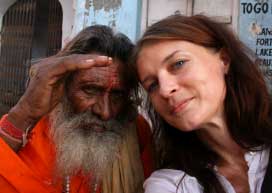
SPIRIT TO DISCOVER
What makes people extraordinary is their spirit! Spirit is inspiring energy present in every creative activity. We are discovering people, whose spirit can inspire others. They are artists, photographers, historians, ayurveda doctors, yoga teachers, spiritual experts, astrologers, ecologists, travelers, simply everyone. Spirits are our local experts who share their stories with us and based on them we arrange your travel in style!
- Story
WHAT TO DO?
Let us inspire you

STORY TO SHARE
Life is like a book of mysteries, which we do not understand if we do not travel. Stories written by our local experts are transformed into the trails, which connect not only places on the map, but also creating meaningful connections with local people, who make your travel stories to come alive! Trails are the journeys to rediscover old routes and to explore new ones. Lets write new chapter inspired by local history, art and myths!
- Style
WHERE TO STAY?
- SWASWARA
- KALARI KOVILAKOM
- ULPOTHA
- NATTIKA BEACH RESORT
- TEST 2017 - STYLE
- SOMATHEERAM
- MARARI VILLAS - BOUGAINVILLEA
- TRAVANCORE HERITAGE
- NIRAAMAYA RETREATS
- MARARI VILLAS - PALM VILLA
- KAIRALI AYURVEDA
- VILLA DE ZOYSA
- ATHREYA AYURVEDIC RESORT
- SITARAM BEACH RETREAT
- MARARI VILLAS - ORCHID COTTAGE
- AYURVEDA MANA - PERUMBAYIL
- MARARI VILLAS - HIBISCUS COTTAGE
- COCONUT BAY
- KAYAL ISLAND RETREAT
- HARIVIHAR HERITAGE HOMESTEAD
- NIKKI'S NEST
- POOVAR ISLAND RESORT
- ABAD HARMONIA
- tester
Let us inspire you

STYLE TO EXPERIENCE
Style does not mean luxury, it is experience. It does not matter if you stay in boutique hotel or in tree house, if you dine in awarded restaurant or eat sandwich on the street, because your choice makes you special. Your individual style is your artistic signature, which makes journey different for each person, and we respect these differences. Experiences in style make your travel authentic, different and real; from them memories are made of!


